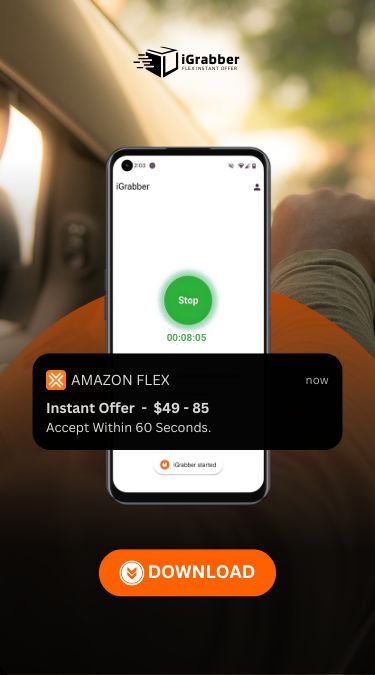Exploring Workers’ Compensation for Amazon Flex Drivers
With the rise of gig economy jobs, many drivers are working flexibly to supplement their income. One such opportunity is Amazon Flex, where individuals deliver packages using their vehicles. However, a pressing question for these gig workers remains: Can Amazon Flex drivers obtain workers’ compensation if they suffer an injury while on the job?
Understanding Amazon Flex
Amazon Flex offers part-time delivery opportunities where individuals deliver packages with flexible scheduling. Drivers, also known as delivery partners, receive compensation based on the number of completed deliveries. Despite the flexibility, these drivers often lack the benefits traditional employees receive, including workers’ compensation.
Challenges of Securing Workers’ Compensation
A crucial factor is the classification of Amazon Flex drivers. Typically, they are classified as independent contractors, which significantly impacts their eligibility for benefits like workers’ compensation. Independent contractors are often responsible for their insurance and do not receive the same legal protections as employees.
Independent Contractor vs. Employee
The distinction between being an employee and an independent contractor is significant. Employees benefit from various labor protections, including health insurance, paid time off, and workers’ compensation. In contrast, independent contractors operate under a business-to-business relationship and usually lack these benefits.
Amazon Flex drivers are considered independent contractors. This classification means they are individually responsible for their insurance and are not eligible for worker-provided compensation in case of work-related injuries.
Options for Amazon Flex Drivers
Since traditional workers’ compensation isn’t available, Amazon Flex drivers must explore alternative options. Here’s a look at what drivers can do to protect themselves:
1. Occupational Accident Insurance
Some drivers might consider obtaining occupational accident insurance. This insurance covers medical expenses and provides financial support in case of work-related injuries. It is crucial for gig workers to safeguard themselves against potential risks.
2. Personal Health Insurance
Personal health insurance can help cover medical expenses following an injury. While it doesn’t provide income replacement like workers’ compensation, it’s an essential safety net for unexpected health-related costs.
3. Liability Insurance
Investing in liability insurance could protect drivers against claims that may arise due to accidents occurring while they work. Liability insurance can shield drivers from the legal and financial repercussions of such incidents.
Seeking Legal Advice
For drivers who believe they have been misclassified or deserve compensation for injuries sustained while delivering for Amazon, consulting with a legal professional might be beneficial. Attorneys specializing in labor law and gig economy issues can provide valuable insights into potential legal recourse.
To learn more about the intricacies of workers’ compensation and legal rights, drivers can visit the source article.
Enhancing Safety and Reducing Risks
While securing compensation is essential, Amazon Flex drivers can also take proactive measures to ensure their safety and minimize risks:
1. Regular Vehicle Maintenance
Maintaining a well-serviced and inspected vehicle reduces the likelihood of accidents. Regular checks on brakes, tires, and engine health keep both drivers and their packages safe.
2. Adhering to Safe Driving Practices
Observing speed limits, wearing seatbelts, and avoiding distractions such as mobile phones can reduce the chance of accidents.
3. Leveraging Technology for Safe Routes
Using technology to plan and follow efficient and safe delivery routes can save time and enhance safety. Being aware of traffic patterns and weather conditions is equally important.
Amazon Flex drivers juggling risk and reward need to stay informed about their rights and available protections. Understanding the intricacies of workers’ compensation for independent contractors is crucial. Also, exploring insurance options is a practical step forward. They must prioritize safety and training to mitigate work-related injuries and safeguard their livelihoods.
For additional information on how gig work can be managed effectively, check out our detailed guide on How It Works.
By staying informed and proactive, drivers can enjoy the flexibility of gig work while protecting themselves from unforeseen circumstances.





